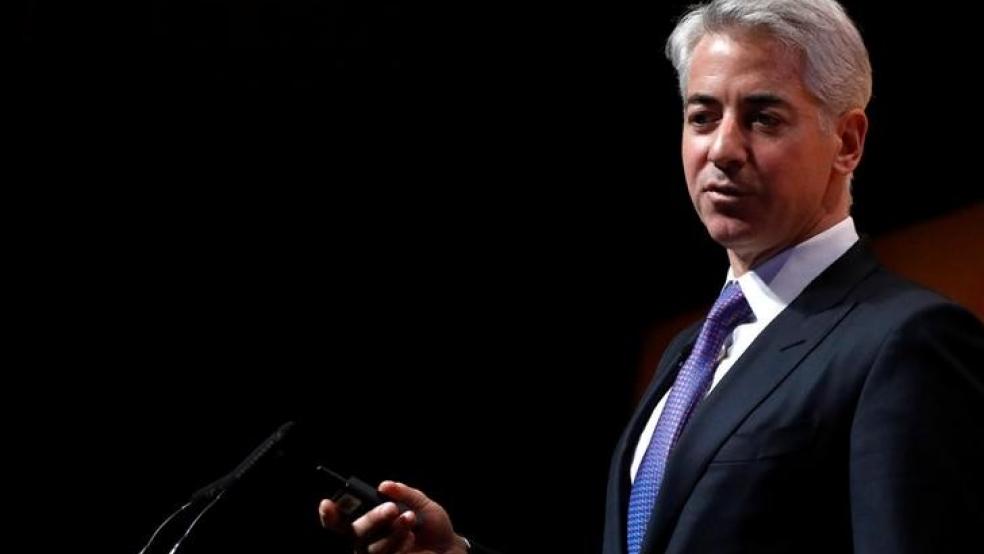NEW YORK (Reuters) - The U.S. Treasury yield curve flattening could become a concern for economic growth when two-year and three-year Treasury note yields are about the same, and the price per barrel of WTI crude oil falls into the $30-dollar range, said Jeffrey Gundlach, chief executive at DoubleLine Capital, on Wednesday.
The slope of the yield curve has been flattening in recent days, with short-term rates rising faster than longer-bond yields. This typically happens when monetary policy is tightened. Last week, the Federal Reserve raised its benchmark interest rate for the third time in six months, providing its latest vote of confidence in a slow-growing but durable economy. The Fed also announced plans to start gradually paring its bond holdings later this year."There’s no hard data that you could point to that signals recession," Gundlach said in a telephone interview. But that does not mean economic growth is exploding, he said. "Lower CPI (Consumer Price Index) in the next couple of months will be a cold bucket of water for the Fed tightening dreams," Gundlach said. "Commodities are super weak, with the dollar down year-to-date, no less."Gundlach, known on Wall Street as the Bond King, said he is becoming more positive on international equities over U.S. stock markets because the Fed is raising rates with "quantitative tightening on top of it with its plans to shrink its balance sheet. I'd rather be in a place of negative interest rates, an environment of quantitative easing with the same economy - so I'm in Europe, emerging markets except for China."The yield curve between five-year notes and 30-year bonds flattened to 96 basis points, the narrowest since December 2007. Five-year note yields, which are highly sensitive to rate policy, rose to a four-week high of 1.80 percent on Tuesday. Thirty-year bond yields, which are largely driven by future expectations of growth and inflation, meanwhile dropped to 2.72 percent on Wednesday, the lowest since Nov. 9.Gundlach said the Fed could be in an aggressive tightening mode, partly because of the rise in U.S. equities."The stock market has not softened very much," said Gundlach, who oversees more than $105 billion at Los Angeles-based DoubleLine. Asked about the FANG stocks - Facebook Inc, Amazon Inc, Netflix Inc and Google (now Alphabet Inc) - Gundlach said: "I am allergic philosophically to things like the FANGS, just like I hated dot.coms in 1999." (Reporting By Jennifer Ablan; Editing by Diane Craft and Bill Trott)Gundlach says flatter Treasury yield curve could become a concern

BRENDAN MCDERMID



